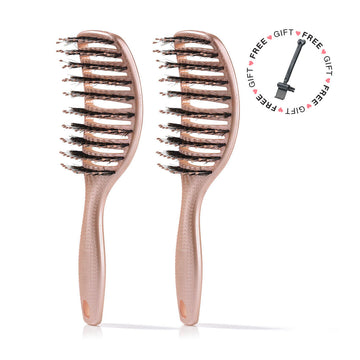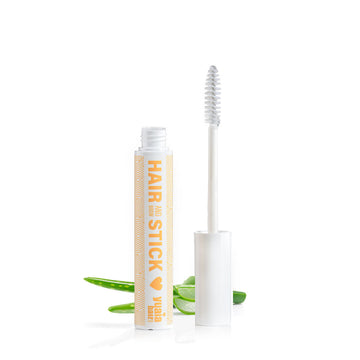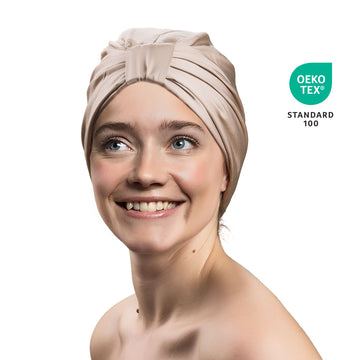
What Makes Rosemary and Peppermint Oils Popular for Hair Growth?
Both rosemary and peppermint oils have been praised for their potential benefits in hair care routines. Rosemary oil is often associated with traditional uses and has been a trusted choice across various cultures for its soothing and stimulating properties. It is known to help improve circulation, reduce inflammation, and provide antioxidant benefits, contributing to healthier hair growth.
Peppermint oil, on the other hand, has gained attention due to its refreshing menthol content, which can enhance blood circulation to the scalp. This increased circulation is believed to promote hair growth by delivering essential nutrients to hair follicles. Additionally, peppermint oil is valued for its antimicrobial and anti-inflammatory properties, which can improve scalp health and reduce dandruff.
As we delve deeper into the unique characteristics of each oil, it becomes clear that both have their own strengths. The decision ultimately depends on individual preferences and specific hair care needs. Whether you are drawn to the invigorating properties of peppermint oil or the soothing benefits of rosemary oil, understanding their distinct attributes will help guide you in making the best choice for your hair growth journey.
 2-5 day delivery
2-5 day delivery
 25.000+ satisfied customers
25.000+ satisfied customers
 Satisfaction Guarantee
Satisfaction Guarantee

























